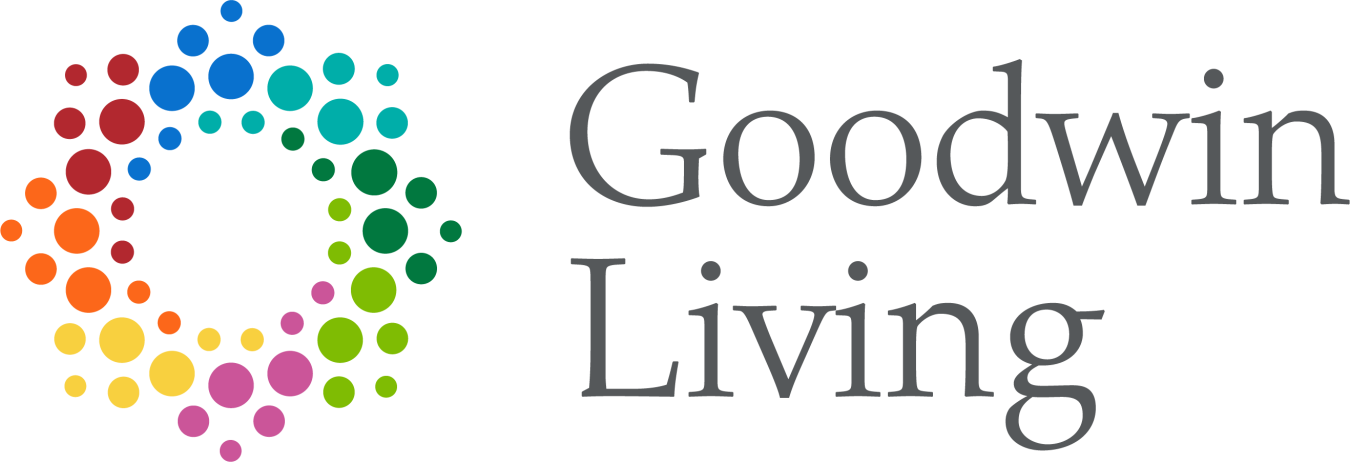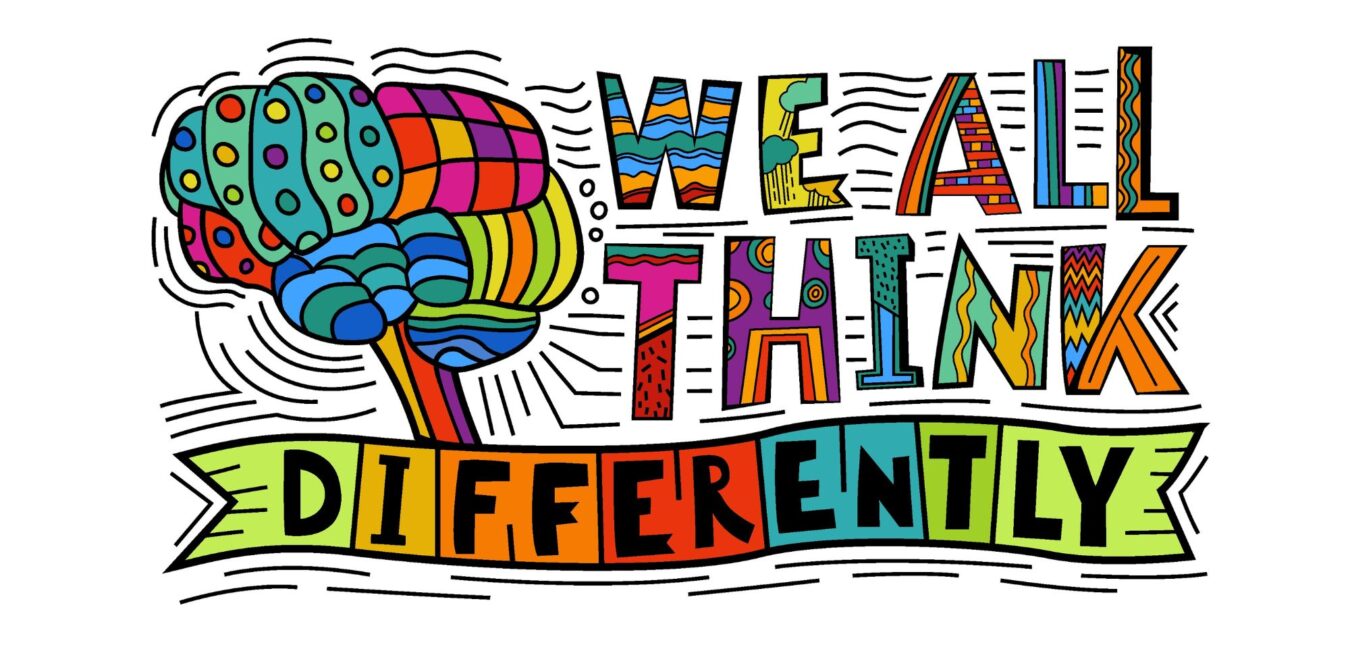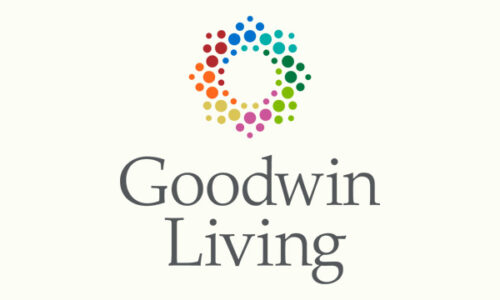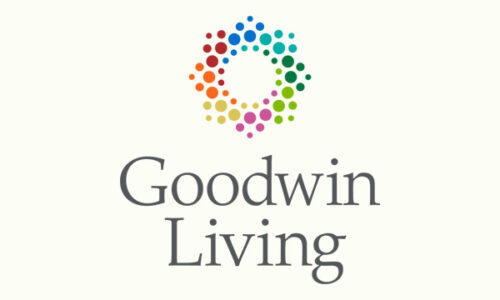Diversity Equity Inclusion & Belonging
February 7, 2025
Embracing Neurodivergence: Understanding and Celebrating Different Minds
by Theresa Mandela, StrongerMemory Outreach Coordinator
Neurodivergence is a term that describes how people’s brains work in different ways. It means that everyone thinks, learns and interacts with the world in their own unique ways. Like a person’s fingerprints, no two brains — not even those of identical twins — are exactly the same. That said, there is a significant degree of similarity in basic brain structures and functions across humans, leading to shared behaviors and thought patterns. Our culture and society define what is “neurotypical” and neurodivergent based on these functions, processing and behaviors. The neurodiversity movement of the 1990s—which promoted the idea that brain differences aren’t problems, they are just part of who we are as humans—embraces everyone’s brain differences.
Neurodivergence includes conditions like ADHD, autism, dyslexia and others. While many people think of these conditions as only affecting children, neurodivergence is something that can continue throughout a person’s life. In older adults, the effects of lifelong neurodivergence can intersect with age-related changes such as cognitive decline, which may compound challenges but also bring unique strengths and perspectives.
Neurodivergent adults have many amazing qualities that are often overlooked. As highlighted by Thomas Armstrong in The Power of Neurodiversity (2011), these strengths offer contributions to the world.
Here are some examples:
- Creative Problem-Solving: Neurodivergent adults often think outside the box. Their unique way of seeing the world helps them come up with new and creative solutions to problems. For example, in ADHD, enhanced pattern recognition plus a hyperactive mind can make connections and find solutions that others may struggle to see.
- Deep Focus and Expertise: People with ADHD or autism sometimes have an ability to deeply focus on things they enjoy or are interested in. This can lead to ‘hyperfocus’ or ‘flow state’ which allows individuals to achieve amazing things.
- Resilience and Adaptability: Living in a world that doesn’t always meet their needs has made many neurodivergent adults strong and adaptable. They often develop creative ways to overcome challenges and inspire others with their determination.
By being aware of neurodivergence and embracing the ways different minds think and process, we open ourselves up to accept other ways of thinking at home, at work and in our communities. There are many simple ways to embrace someone’s neurodivergence and accept that people need different things in their environment. Creating daily structure, offering alternative training or adapting to different communication styles that facilitate learning can help neurodivergent individuals thrive. When we embrace these differences in the workplace, we create a culture that accepts new ideas and allows everyone to flourish and achieve their very best.
Dementia, often viewed solely through the lens of loss and decline, could also be considered a form of neurodiversity. It represents changes in the brain that alter how individuals experience and interact with the world. By shifting our perspective, we can focus on the capabilities and strengths that remain rather than solely on what has been lost. Individuals living with dementia often demonstrate remarkable creativity, emotional expression and the ability to live in the moment. These traits can provide opportunities for meaningful connections and enriching experiences within our community. I think that by approaching dementia as part of the spectrum of neurodiversity, we can foster a more compassionate and inclusive environment.
Brain health expert Sue Paul explains, “identifying a person by their disease (Alzheimer’s) or disability (dementia) and using the word ‘impaired’ to describe them puts them in a powerless position. No one describes someone with arthritis as ‘mobility-impaired’. In fact, in a public space, a person with arthritic knees and difficulty walking is offered a hand, has use of a rail, or is otherwise accommodated for their disability without a word being mentioned about their condition. People with dementia possess a wide array of varying skills and function, and they’re able to experience meaningful interactions in their environments, albeit differently than ‘neurotypicals’.”
This perspective doesn’t ignore the challenges but rather asks us to look for brain capabilities: creativity, emotional depth and the ability to connect in profoundly human ways. Instead of focusing on what’s lost, we can ask, “what’s possible?” Spotlighting strengths can have big impacts, and fostering social connections can combat isolation and improve brain health.
For example, someone living with dementia may not be able to communicate in a way that follows ‘typical’ conversational patterns. These individuals may jump from topic to topic or respond in a way that we wouldn’t expect. By embracing a perspective of neurodivergence, we can acknowledge that they are communicating differently without the need to correct, and we can follow them in the conversation or engage in one of their strengths in the moment. Additionally, we can view the environment from a neurodivergent-friendly perspective and be conscious of background noise, lighting and visual clutter. Recognizing environmental factors that may be distracting or overstimulating and eliminating them can help individuals with neurodiversity, including those with dementia, thrive in their environment.
By considering people living with dementia as “neurodivergent,” we can look at what we can learn from them. Being more mindful and present in the moment is something powerful that people living with dementia can teach us. In this way, the neurodivergent movement allows us to remember that the individual is still a full and complete person contributing and connecting positively with society.
Neurodiversity challenges us to rethink what it means to live, age and thrive. It asks us to celebrate what makes each person’s brain unique and valuable—because the world doesn’t need everyone to think the same way. Together, we can create enriching experiences and strategies that enhance empathy, understanding and innovation for all in our community, making each person feel valued and understood.
______________________
Goodwin Living DEIB Committee: Statement of Purpose: Educate, Embrace and Empower team members, residents, members* and all served by Goodwin Living to support Diversity, Equity, Inclusion and Belonging.
Goodwin Living DEIB Committee Desired Outcome: The Diversity, Equity, Inclusion and Belonging Committee (DEIB) will seek open and honest communication and collaboration that will inform and celebrate the age, culture, ethnicity and sexual orientation of team members, residents, members* and all served by Goodwin Living without bias.
*Members include Priority Club members and Goodwin Living at Home.
Questions or comments? Please contact us DEIB@GoodwinLiving.org





